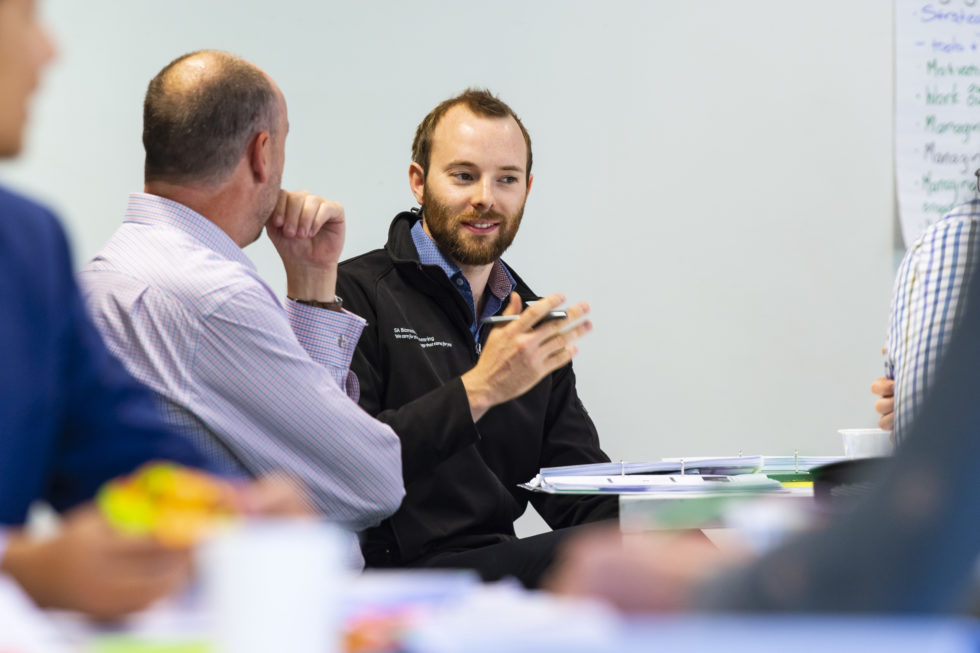We were asked what specific challenges we faced in our jobs and the presenter expanded on those issues, making the course very relevant to our actual work and very engaging. I enjoyed that the content was not exactly the same as other communications courses I've attended. It actually analysed how we are taught to write by other bodies (e.g uni, other classes, other areas of government, and materials like the Plain English Guide) and whether that information is helpful and current.
Nicolle
Department of Human Services
